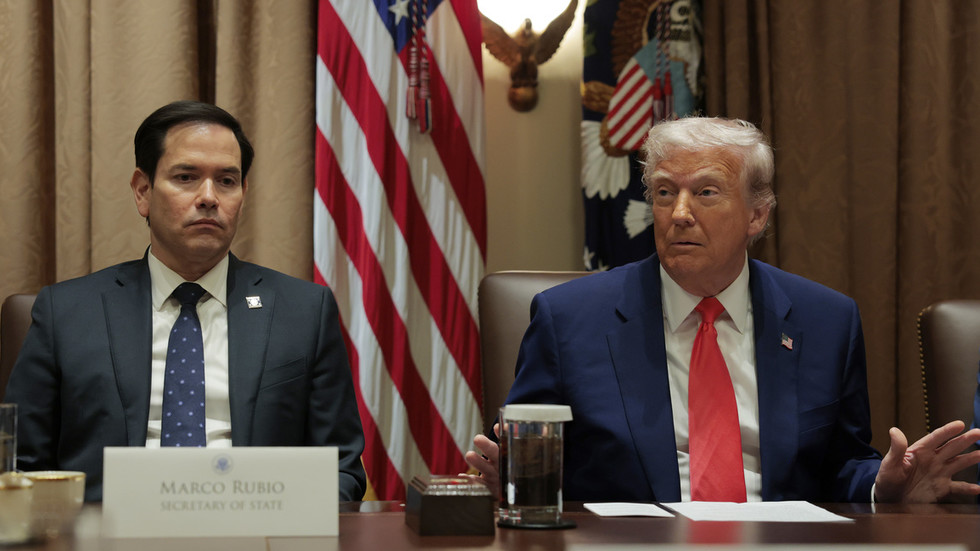President is the main act, but that’s not all that America is voting for. Boyd Wagner examines the other key office up for grabs on Tuesday— seats in the US Congress. We explain the power they have in American politics, how they impact global issues and what the current projections are.
On Tuesday, more than 150 million Americans are expected to vote for the next president of the United States. However, it’s not the only vote US voters will cast that day. Lost within the chaos of the presidential race are local and statewide races. There are also 469 pivotal Federal, Washington-based seats at stake for US Congress.
US Congress is split into two legislative bodies.
The upper chamber of Congress — the US Senate — is comprised of 100 senators, two from each US state. Senators hold six-year terms and in 2024, 34 of those 100 seats are up for election.
The lower chamber of Congress — the House of Representatives — is comprised of 435 congressmen and congresswomen elected on two-year terms. That means that the entirety of the House is up for election on Tuesday.
The House of Representatives is proportionally allotted to each state by population. For example, California, America’s most populous state, is represented by 52 members of the House. A handful of states, such as Wyoming and Vermont, are only represented by one member of the House.
Congress holds a pivotal role in US government. Constitutionally speaking, they should hold the greater share of power, even more than the president. In addition to making laws, Congress controls the funding of the United States, wields substantial investigative powers over the other branches and has the sole authority to declare war, among myriad other powers.
Certain members of US Congress are also incredibly influential in both partisan and policy politics, sometimes holding greater soft power than the president.
Currently, the US Senate is narrowly controlled by the Democrats, 51-49 (the vice president casts the swing vote in any ties in US Senate), while the House is narrowly controlled by the Republicans, 220-212.
Based on current polling, partisan control of the two chambers could flip this week. With Democrats defending more Senate seats than their rivals, the Republicans hold a greater than 60% chance of winning Congress’s upper chamber. Republicans are expected to hold 51-52 of the 100 seats in Senate following this week’s election, if results follow the polling.
The House of Representatives, meanwhile, is trending toward the Democrats. Latest projections show the Democrats holding a greater than 70% chance of controlling the House. By those same metrics, Democrats are projected to win 222 seats to 213 for the Republicans.

 5 months ago
42
5 months ago
42






 We deliver critical software at unparalleled value and speed to help your business thrive
We deliver critical software at unparalleled value and speed to help your business thrive






 English (US) ·
English (US) ·